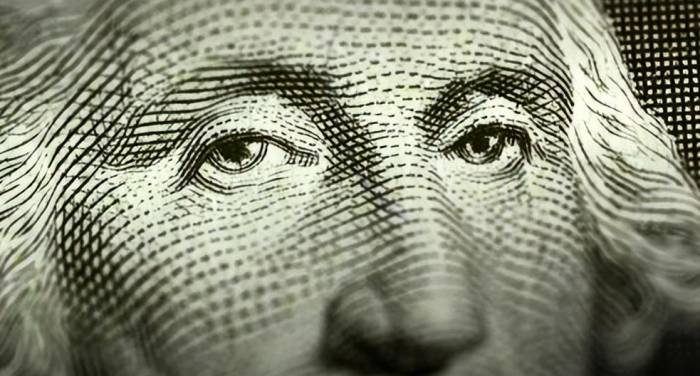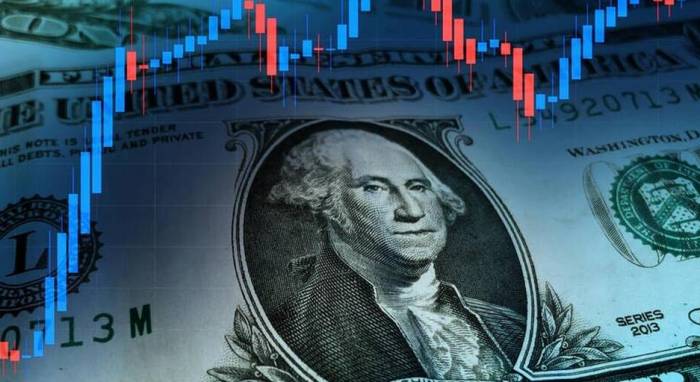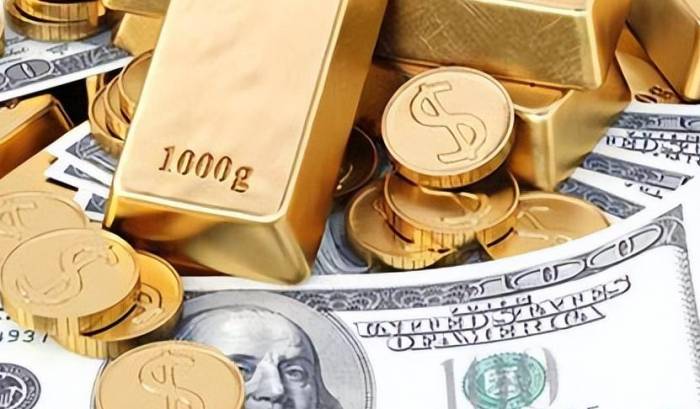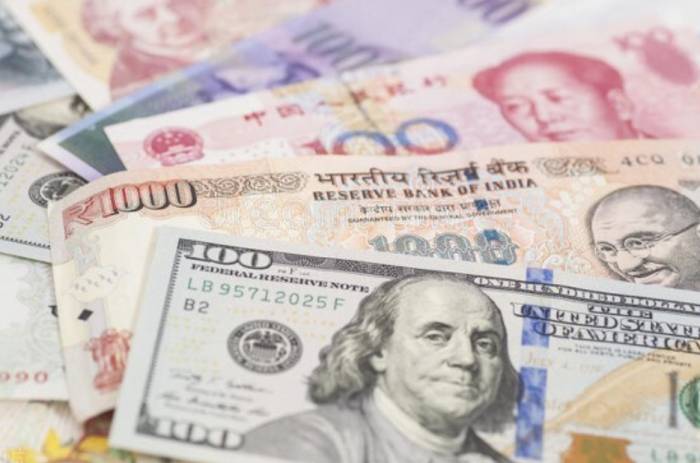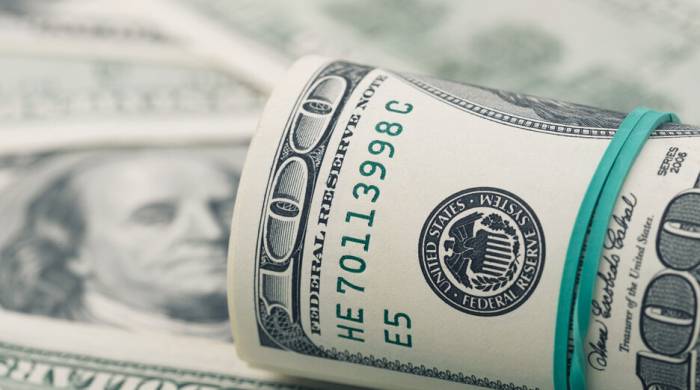For over half a century, the Federal Reserve and the Bank of England have safeguarded substantial gold reserves on behalf of central banks worldwide. However, with the recent escalation of global geopolitical economic risks, several global gold observers, based on a series of signs, have pointed out that the Federal Reserve and the Bank of England have engaged in the misappropriation of gold from multiple countries, and may have even embezzled some of the deposited gold. Coincidentally, there has been a latest development in this matter.
On August 1st, Reuters reported that the High Court in London rejected Venezuela's request to inspect and repatriate gold that had been deposited in the Bank of England's vaults in London, with a total value exceeding one billion US dollars. Venezuela's legal team stated that the country wishes to sell a portion of the 31 tons of gold to finance its response to the pandemic and support its health system, which has been devastated by years of economic crisis.
It is noteworthy that since 2019, Venezuela has been requesting the repatriation of gold from the UK, and has been formally rejected multiple times by the Bank of England on the grounds of unclear intentions. The aforementioned latest development implies that the Bank of England has once again refused Venezuela's request to keep its gold.
Furthermore, the Gold Anti-Trust Action Committee (GATA) had previously written to the Bank of England, asking, "Has the Bank of England leased gold from other countries?" After remaining silent for a while, the Bank of England directly stated that it refuses to answer. Analysts believe this means that the Bank of England indirectly admits to the misappropriation and leasing of gold from multiple countries. What is even more astonishing is that the Federal Reserve had directly admitted years ago to the phenomenon of misappropriating gold from multiple countries.
According to former Federal Reserve Chairman Alan Greenspan's testimony in 1998 to the U.S. Congress, he stated: "If the price of gold rises, the Federal Reserve is always ready to increase the amount of gold leasing." Analysts point out that this is evidence that the Federal Reserve has been misappropriating gold from multiple countries for many years, thereby exchanging it for commercial profits.
In this regard, the U.S. financial website ZeroHedge reported in its latest follow-up that the United States has been continuously selling gold for nearly 23 years, most of which were deposited by central banks from various countries around the world. The Federal Reserve often completes the transaction of gold by directly moving it from the positions of various countries' deposits in the underground vaults in New York. This transaction, which seems to lack any sense of ceremony, makes it hard for people to imagine that it is the buying and selling of gold, and it seems that the Federal Reserve's misappropriation behavior exists.
The U.S. media further stated that over the past 70 years, the gold deposited in the Federal Reserve's vaults by multiple countries has never been publicly or audited by a third party, and the Federal Reserve often directly sells or leases it for profit. In fact, the United States and the United Kingdom not only prevent and refuse oil-producing countries like Venezuela from repatriating gold, but they have also done so to their economic allies. Germany's central bank has long suffered from this.
From 2019 to July 2022, the German central bank has been urging to remove all its gold reserves from the Federal Reserve's vaults and repatriate them to Germany. However, over the past three years, the Federal Reserve has consistently refused this matter, with reasons that are identical to those of the Bank of England, citing unclear intentions.
Historical data from the German central bank shows that Germany previously had at least 45% of its gold reserves stored at the Federal Reserve. The German central bank had stated that storing gold bars at the Federal Reserve was more cost-effective than in its own country. Because if the gold bars were repatriated to Germany, the costs of building an impregnable vault and assigning专人 to guard it would be higher. However, by 2012, Germany suddenly changed its mind and strongly advocated for the repatriation of gold.By 2017, the German central bank had repatriated approximately 743 tons (some reports suggest 674 tons) of gold that had previously been stored in vaults such as the Federal Reserve. Analysts believe that, on one hand, Germany may have a premonition of significant economic events to come, and on the other hand, there may be some anxiety about the creditworthiness of the US dollar. In fact, the German central bank's concern is not without merit.
When the German central bank repatriated some of the gold from the Federal Reserve vault, it was discovered that the returned gold bars had undergone noticeable changes in appearance and volume compared to those deposited after World War II. Analysts claim that this further confirms the Federal Reserve's continuous diversion of gold over the years. Perhaps based on this, Germany insists on repatriating all of its gold reserves. Currently, Germany still has at least 500 tons of gold stored at the Federal Reserve.
A Swiss gold dealer stated on August 6th that, through long-standing contact with Federal Reserve vault traders, it is almost certain that the Federal Reserve has been continuously drawing on the gold of multiple countries in a robbing Peter to pay Paul manner. Some gold analysts also claim that the Federal Reserve may have melted some countries' gold reserves for other uses or embezzled them.
However, according to the latest report from the Federal Reserve, the total amount of gold that the Federal Reserve holds for central banks worldwide has been reduced from 7,000 tons to approximately 5,700 tons. This indicates that about 1,300 tons of gold have been removed from the Federal Reserve. So, if most of the world's monetary authorities demand that the Federal Reserve and the Bank of England cash out all the gold, can they deliver?
This seems to be an unsolved question. In this regard, the Russian Finance Minister warned weeks ago that if the US and the UK dare to confiscate gold reserves, it would be equivalent to "financial warfare." This indicates that Russia has publicly warned the US and the UK not to harbor thoughts of embezzling gold without repayment. If gold is stolen, it needs to be returned; otherwise, there will be a price to pay.
It is worth mentioning that since 2018, Russia has sold off approximately 97% of its US Treasury bonds, almost clearing its US debt holdings, with the current position being almost single-digit. Prior to this, Russia was one of the top ten holders of US debt. Notably, during the process of selling US debt, Russia has laid out its gold reserves in advance and has maintained the position of the world's largest gold buyer for several consecutive months in the past few years.
According to the latest data released by the World Gold Council on August 5th, Russia's gold reserves have reached as high as 2,298.5 tons. The US financial website Silverdoctor cited analyst Alasdair Macleod on August 5th, claiming that Russia's gold reserves may be far more than these figures, possibly much more than what is known.
Another new development is that, according to the Russian media RT on July 26th, citing the latest speech by Russian official economist Nikolai Patrushev, Russia admitted that it is returning to the gold standard and is planning how to use gold to support the ruble in order to establish a dual-ring currency and financial system in the country.
The Russian media further stated that economists have indicated that currently, the Russian central bank has announced a fixed price for purchasing gold in rubles, that is, one gram of gold is equivalent to 5,000 rubles. This means that Russia is getting closer to the gold standard in the monetary field. Ronan Manly, a precious metals analyst at BullionStar, stated that the gold-backed ruble could change the game, which means that linking currency to gold and energy represents a shift in the global financial and economic paradigm. At the same time, with the rise of the gold standard, the world seems to be continuously shedding the single anchor of the US dollar.








